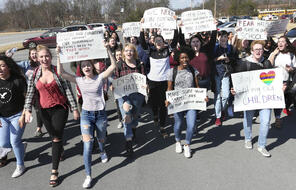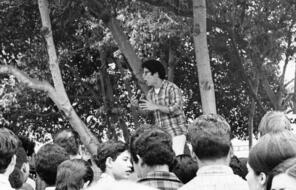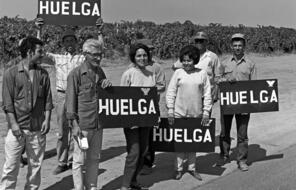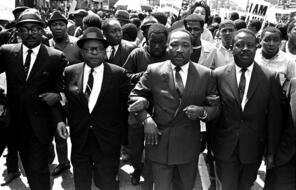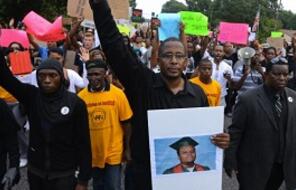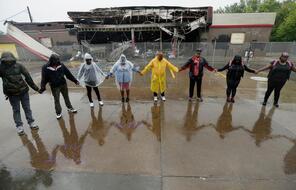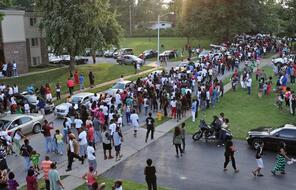The relationship between Americans' sense of their religious or ethnic or racial identity on the one hand and their American identity on the other I think has long been troubled. Probably the most famous essay ever written about this was by W.E.B Du Bois, and he talked about what he called the twoness, two, being an American and a Negro, as he put it, and that these were two different identities and they were not fully consistent with one another.
Now, he wrote this in the early 20th century at the height of the Jim Crow segregation era, and he was talking about something real, that the terms of life were terribly different for African Americans at large than they were for white Americans in that period. And he could not help but be conscious of that and put it at the center of his discussion of his identity and his station in American life.
But to a degree I would say something like that twoness has been true of all kinds of Americans, not just Black Americans. Am I Jewish or am I American? Am I Italian or am I American? Am I Irish or am I American? And then we hyphenate it. No, I'm an Italian-American. I'm an Irish-American.
At times in our history, notably in the early 20th century, to be a hyphenated American was thought to be somehow disloyal. Woodrow Wilson made a very famous speech in 1916 in which he disavowed the political support of anybody who called himself by a hyphenated name. He said, I don't want your support. I don't want your vote. If you're an Irish-American, Polish-American. If you're an American pure and simple, vote for me, but if you insist on hyphenating your self description, I don't want you to vote for me.
Today we have a different attitude about that. Now for people to identify themselves by their ethnic marker as well as their American membership in our society is thought to be perfectly acceptable and even the good thing to do. But in a sense this is a rhetorical trick. We still, I think-- we've internalized the expectation that the differences among us will, over time, lose their rough edges and be reduced in dimensions somewhat and we will all, in the end, embrace one another as fellow citizens of the American Republic.



